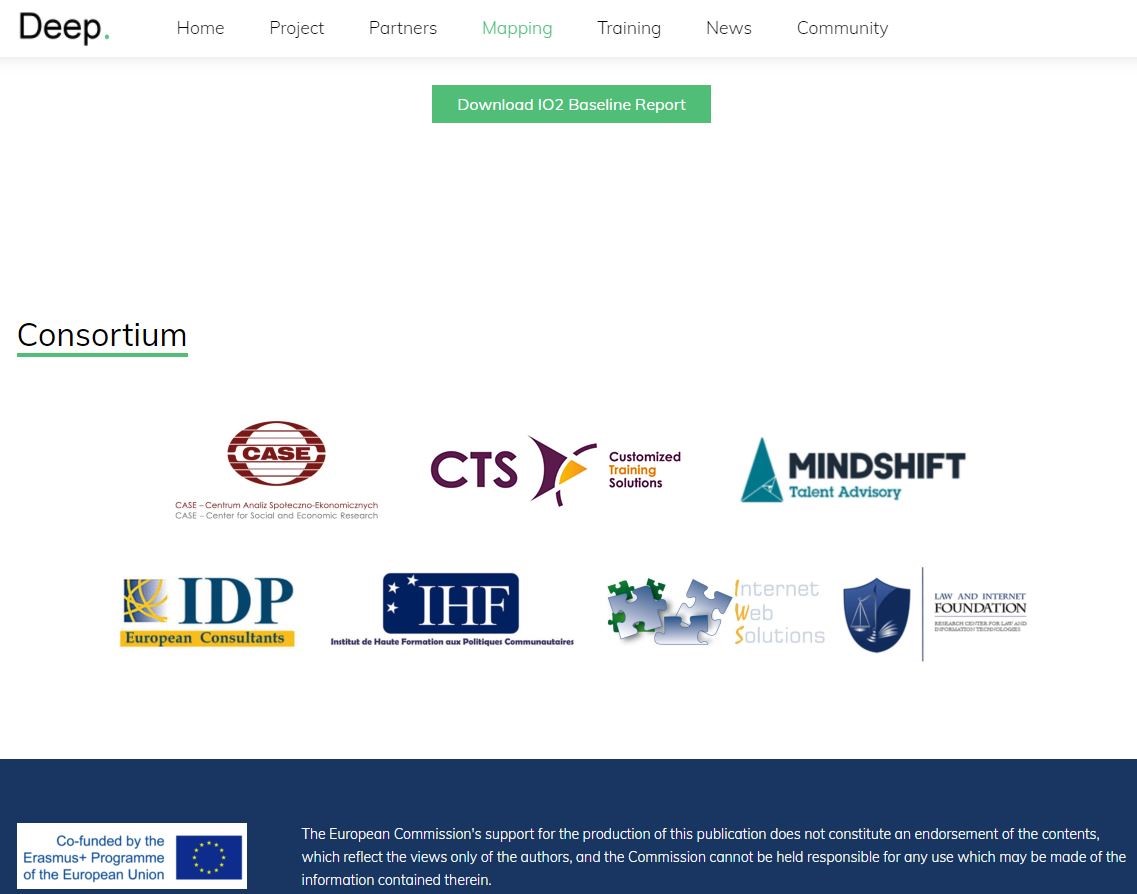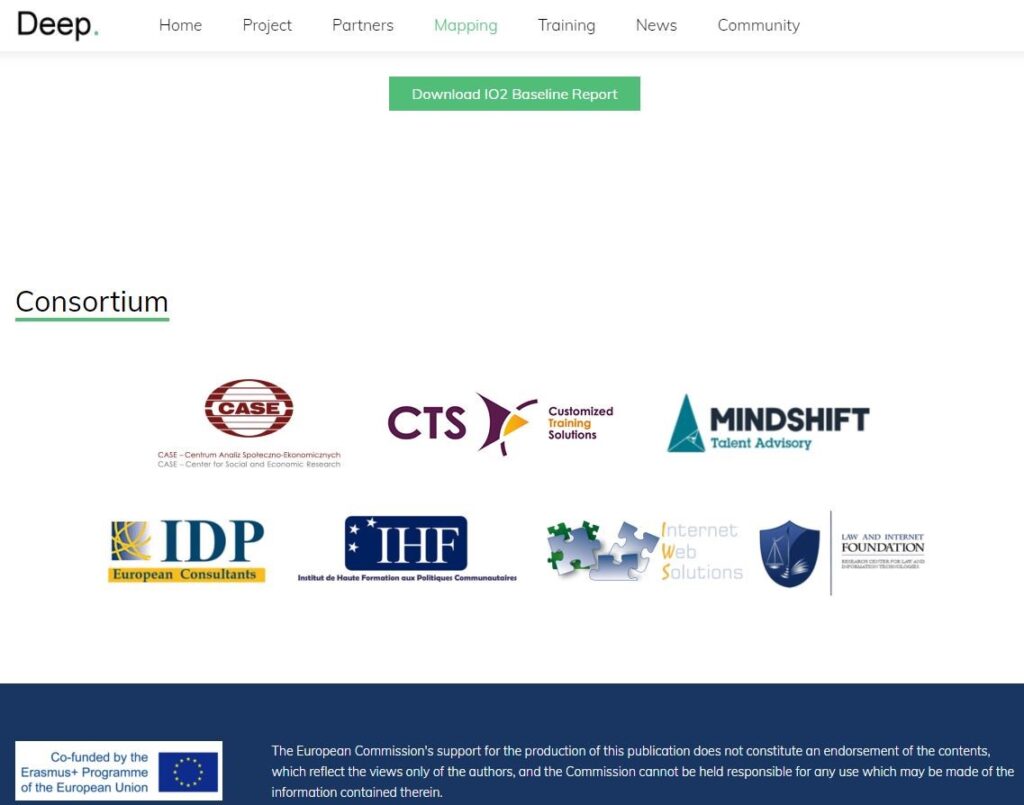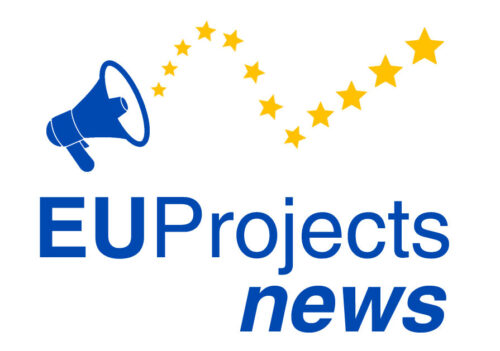
13 October 2020
The DEEP project Consortium is pleased to announce that the IO2 Baseline Report “Digital Entrepreneurship Dynamics” is available on the official OER platform at the following link:
https://project-deep.eu/pdf/DEEP_IO2_final_revised.pdf
The report, representing the Intellectual Output 2 “Mapping and Stock taking of Digital Entrepreneurship Dynamics”, reviews the state of the art in the field of Digital Entrepreneurship in Europe with a specific focus on the countries of the partner organisations (Bulgaria, Italy, Poland, Portugal and Spain).

The report states that while EU tools have led to the establishment of an inclusive and comprehensive framework for digital entrepreneurship skills development, some Member States still seem to be at the forefront of the conceptualisation and implementation of the relevant policy initiatives. The country analysis has revealed some obstacles in policy implementation supporting the EU strategy.
First of all, policy responses related to digital entrepreneurship should be addressed to several stakeholders. While there are countries, like Poland, where the infrastructure is still being developed, and as a consequence, less attention is paid to the development of digital entrepreneurship skills, in other countries, like Spain, more effort is placed on modifications to the educational system and human upskilling. Nevertheless, in both countries, a clear reluctance from the companies’ side in being engaged in the digital transformation and in VET system is observed. Therefore, the engagement of different stakeholders is a key element for stable 6 improvement of the VET situation.
Second, initiatives should be undertaken at multiple levels – not only national, but also regional and local. In Italy, for example, where business is still perceived in a very traditional way, social engagement and changing perceptions starting at the local level might be a key to the successful implementation of digital transformation within VET in general. Last, but not least, all countries analysed struggle with the shortages in the VET educational systems. This mainly includes the need to implement innovative educational approaches, new methods of learning, improve the relationship between businesses and schools, include more practical exercises and experiences by educational institutions, and upskill teachers in appropriate digital entrepreneurship competences.
DEEP is a 24 months Project, co-funded by the Erasmus+ Programme of the European Commission which involves a Consortium of 7 Partners from 6 countries (Poland, Portugal, Italy, Belgium, Spain, Bulgaria). The DEEP main aim is to improve professional success chances of VET students with different backgrounds by developing not only their entrepreneurship skills (or knowledge), but also their digital skills. The project provides VET teachers/trainers/mentors with the necessary tools and knowledge to help their students effectively acquire those skills. DEEP proposes an integrated approach, possible through the cooperation of partners active in multiple sectors. In the following months, the Partnership will develop E-learning training material for Students on Digital Entrepreneurship that will be available for free on the project OER platform in 6 languages.
Internet Web Solutions participates as a technological partner, and is in charge of the OER platform, as well as the creation of courses and the translation into Spanish of all the contents offered.








